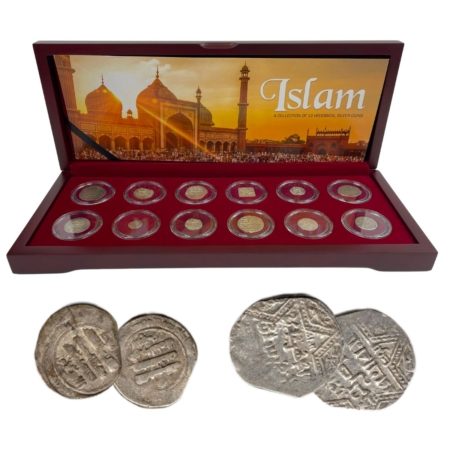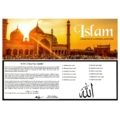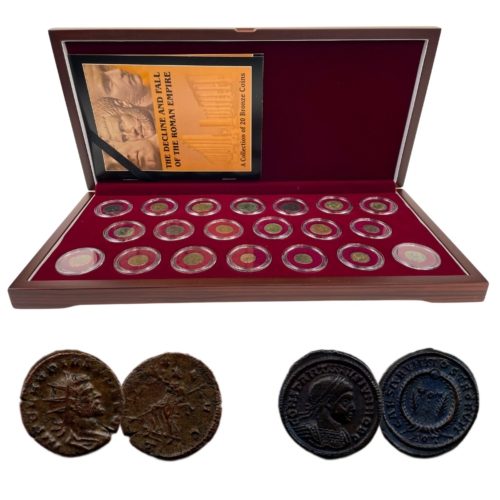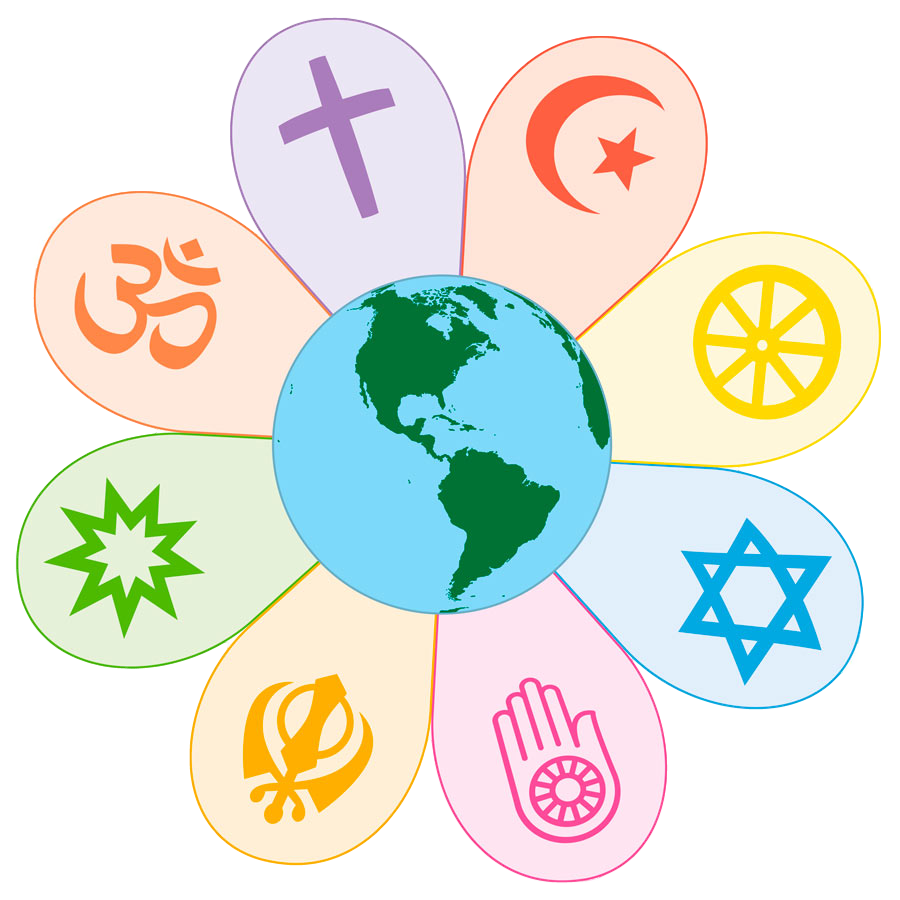Description
In the year 610, the archangel Gabriel appeared before a businessman living in a prosperous town called Mecca, commanding him to recite in the name of God. The man asked what he should recite, and then went out and spread the angel’s answer to everyone he could reach. The man’s name was
Muhammed, and Islam had just been born.
What followed was fourteen centuries of bloody conquest, the rise and fall of empires, brilliant scholarship, brand new art forms stunning in their color and mathematical complexity, and ever evolving philosophies, theologies, and culture. In short, this man’s vision in a cave precipitated one of the rarest
of events in human history: the genesis of a civilization.
Islamic civilization has been an inexhaustible source of art, thought, poetry, and scientific advances, and has shaped world history for almost a millennium and a half—three times as long as the Roman Empire existed. From the early great caliphates, such as the Abbasid empire, to smaller dynasties that nonetheless made their mark from Spain (the Almohads) to Turkey (the Eretnids) to India (the Ghaznavids), to those that built the modern world, such as the Ottomans and the Qajars, Islam created modern central Asia, northern Africa, and much of India, and manipulated every place those regions connect. –Abbasid, Almohad, Artuqid, Ghaznavid, Ertid, Ottoman, Rassoulid, Safavid, Qajar, Mamluk, Mahmud I, Akbar the Great.
















